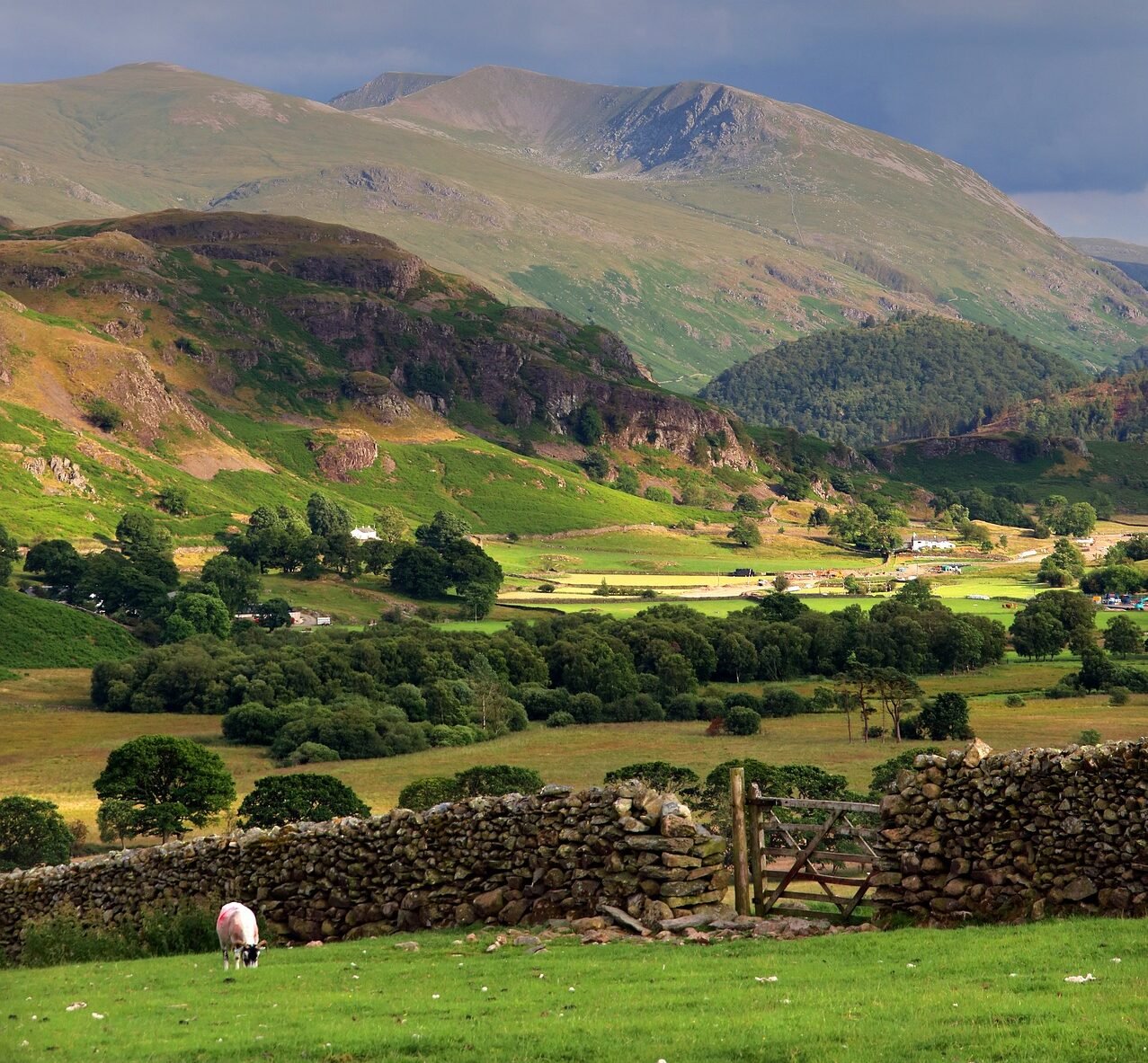Understanding Visa and Entry Requirements
When planning a visit to the United Kingdom, it is crucial to understand the visa and entry requirements that may apply to international visitors. The necessity of obtaining a visa largely depends on your nationality and the purpose of your visit. Citizens of certain countries are permitted to enter the UK for short stays, usually for tourism or business, without a visa. However, visitors from countries not on this list will require a visa before their entry into the UK.
There are various types of visas available depending on the reason for your visit. The most common category is the standard visitor visa, intended for tourists and short business trips. Other categories include student visas for individuals pursuing education in the UK and work visas for those seeking employment within the country. Each visa type has specific requirements and application processes; therefore, it is advisable to familiarise yourself with these beforehand.
Applying for a UK visa typically requires submitting an online application along with supporting documentation. This may include proof of financial means, details of your accommodation, and an itinerary of your planned activities. Furthermore, biometric information may also be collected as part of the application process. It is advisable to apply for your visa several weeks in advance of your planned travel dates to allow sufficient processing time.
In addition to visa requirements, travellers should also adhere to customs regulations before entering the UK. It is important to declare any goods that exceed the allowance limit and understand restrictions surrounding certain items. Health requirements should also be considered, particularly in light of ongoing public health concerns. Travellers may be required to provide proof of vaccinations or follow specific COVID-19 guidelines. It is recommended to check the latest health requirements prior to departure to ensure compliance.

Booking Your Travel and Accommodation
When planning your visit to the United Kingdom, one of the first steps is booking your travel and accommodation. Finding the best deals on flights requires some research and flexibility. It is advisable to compare prices across various booking platforms such as Skyscanner, Google Flights, and Kayak, which aggregate flight options from multiple airlines. Moreover, setting price alerts can help you track fluctuations in ticket prices and secure a fare that fits your budget.
Considering layovers can also significantly impact the total cost of your journey. While direct flights may be more convenient, they often come at a premium price. In some cases, flights with one or two layovers can offer substantial savings. However, it is essential to weigh the potential for increased travel time against the cost benefits. Additionally, the time of year can influence pricing; travelling during the off-peak season, which generally falls between late autumn and early spring, can lead to notable discounts.
Upon deciding on flight arrangements, the next step involves selecting the right type of accommodation for your stay. The UK offers a variety of lodging options ranging from luxurious hotels to budget-friendly hostels and short-term rentals through platforms such as Airbnb and Booking.com. Understanding your preferences and budget will help you choose the type of accommodation that meets your needs. For those looking for social interactions, hostels may be ideal, whereas families or business travellers might prefer hotels or serviced apartments for their amenities and privacy.
Once you arrive in the UK, the transportation options include airport transfers, public transport, and car rentals. Booking an airport transfer in advance can save time and reduce stress on arrival. The UK boasts a well-connected public transport system, including trains and buses, which can be more economical than car rentals. However, if you prefer the convenience of driving, consider renting a vehicle to explore the countryside and remote areas at your leisure.
Packing Essentials
When preparing for a visit to the United Kingdom, it is vital to consider the weather, which can vary significantly by season and location. Generally, layering is recommended due to the unpredictable nature of British weather. In spring and autumn, lightweight jackets and sweaters are advisable, while summer requires breathable materials; however, it’s prudent to include a waterproof jacket regardless of the season. Winter travellers should pack warm clothing, including thermal layers, as temperatures can drop considerably.
Besides clothing, travellers must remember to bring a universal travel adapter, as the UK uses a different plug type (Type G) with a standard voltage of 230V. Additionally, consider packing travel-sized toiletries to comply with air travel regulations—we encourage travellers to familiarise themselves with specific restrictions set by their airlines.
Cultural Etiquette
Understanding and respecting cultural norms can greatly enhance your experience in the UK. First impressions matter; thus, polite greetings, often with a firm handshake, are customary. Such behaviours set a respectful tone. Furthermore, addressing individuals with their appropriate titles until invited to use their first names is considered a sign of politeness.
Dining etiquette is another crucial aspect to consider. When invited to meals, it’s courteous to arrive on time, and offering to bring a small token, such as flowers or dessert, is a common practice. During meals, keeping your hands on the table (but not elbows) demonstrates good manners. Throughout your stay, be mindful of regional dialects and variations in language; for instance, phrases like “I’m knackered” or “fancy a cuppa” are specific to certain areas and can enhance your interactions. By adhering to these customs, travellers can foster a deeper connection with locals and enjoy their visit to the UK to the fullest.
Planning Your Itinerary and Must-See Attractions
Creating a well-rounded itinerary is essential for maximising your visit to the United Kingdom. With a diverse array of attractions ranging from historical landmarks to contemporary experiences, careful planning can help you navigate the rich cultural tapestry of the UK effectively. Whether you are in London, Scotland, Wales, or Northern Ireland, each region offers unique opportunities for exploration.
In London, iconic sites like the British Museum, Tower of London, and Buckingham Palace should be on your list. However, don’t overlook hidden gems such as the Sky Garden or the charming streets of Covent Garden. In contrast, Scotland’s majestic landscapes provide travellers with stunning backdrops at places like Loch Ness and the Isle of Skye. Be sure to visit Edinburgh Castle, where history comes alive, and the vibrant festivals that are not to be missed.

Wales boasts breathtaking scenery, particularly in Snowdonia National Park, alongside cultural treasures in cities like Cardiff and Swansea. Discover the beautiful castles dotting the landscape that reflect the country’s storied past. Meanwhile, Northern Ireland presents the dramatic coastline of the Causeway Coast and the unique experiences in Belfast, including the Titanic Museum.
To create a balanced itinerary, it is important to juxtapose well-known attractions with local experiences. Make sure to schedule some time for seasonal events, food markets, or live performances that can greatly enrich your experience. Resources like travel forums, official tourism websites, and local blogs can provide invaluable information on attractions, bookings, and reviews.
Lastly, navigating the UK’s public transport system can be both convenient and efficient. Familiarise yourself with the Oyster card system in London, rail services across Scotland, and buses in Wales to ensure you maximise your travel time. Embrace the journey of discovery, intertwining well-planned visits with spontaneous local adventures.

